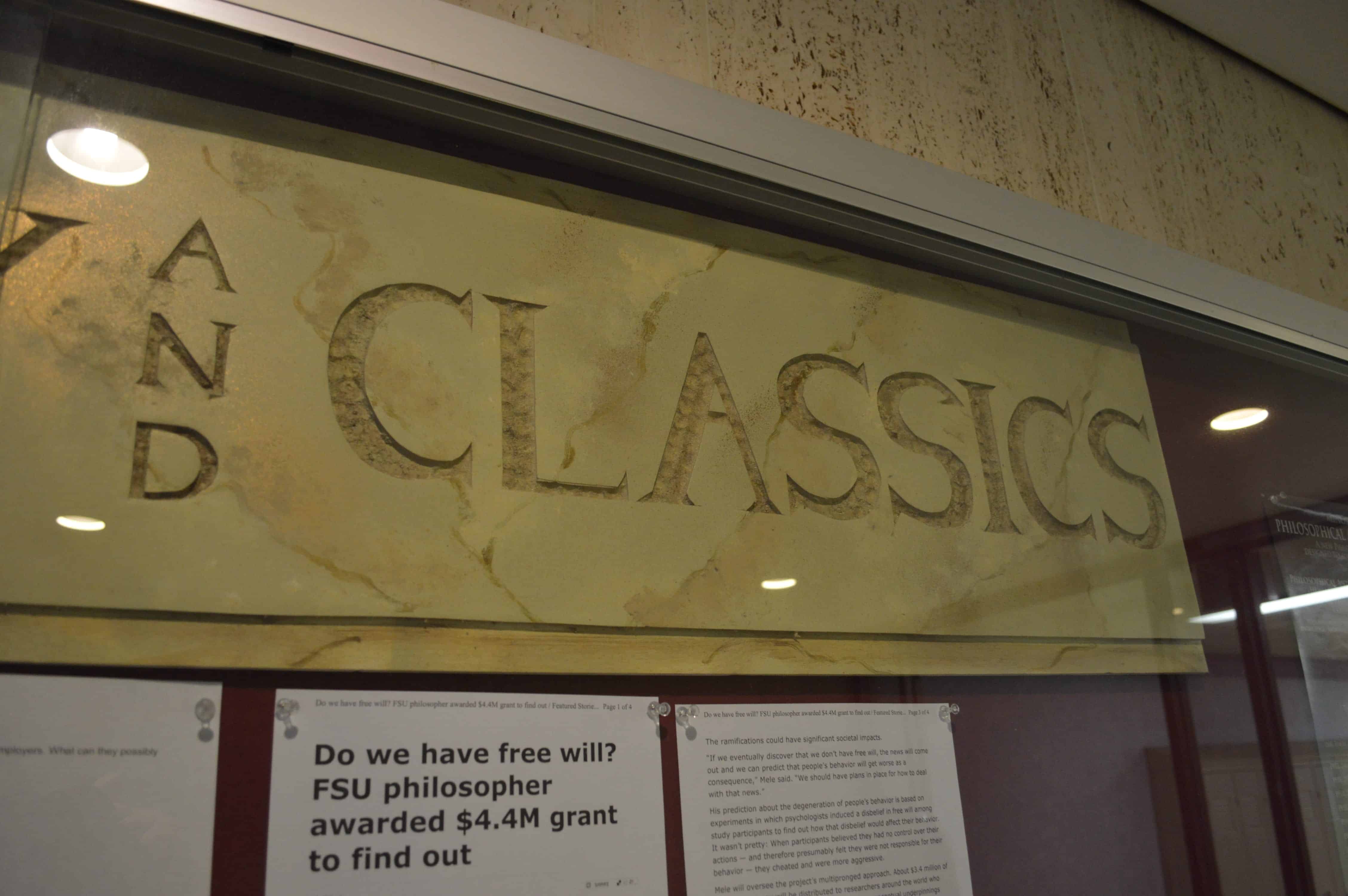
Queer film festival argues self-care is not an indulgence – it’s essential.
From September 16 to 18, Queer City Cinema [QCC] will be putting on its eighth Performatorium Festival of Queer Performance and its seventeenth Queer City Cinema Film Festival. The festival brings together performance artists to showcase their work for communities in Saskatchewan. This year’s lineup features performers from Regina, Montreal, and more.
Queer City Cinema began in 1996 as a film and video festival and was part of the Dunlop Art Gallery’s programming. In 2012, QCC introduced their Performatorium Festival of Queer Performance. In 2016, the two festivals combined into one annual festival.
Gary Varro, the festival’s Executive and Artistic Director since 1996, says there are many different types of films and creative expressions at the festival. “The films are all short, experimental work, personal narrative work, um, unusual experimental things.” They further elaborated on what people can expect at the festival, saying “It’s a queer performance and art festival, but it doesn’t necessarily mean that that’s the subject matter, it’s not rainbow flag-waving, or, you know, gay rights focused […] What people should expect is more creative and artistic expressions than necessarily about being LGBTQ+.”
This year’s theme is Sensing Pleasure, meaning that the festival is focusing on the five senses and the pleasure you can feel emotionally and intellectually after engaging them. Even more so than that, Varro says Sensing Pleasure is about normalizing indulging in some pleasurable experiences. “It’s okay to take some time out and take care of ourselves,” Varro says. “It doesn’t mean, you know, off to the spa! It might mean that, but it also means that the work, like the films and the performances at the festival, can be about the pleasure of art and the pleasure of expression, perhaps with a serious message attached.”
Activism seems to be inseparable from being queer, and that’s a major part of this pleasurable experience of self-care. “I think it is the effort to make sure everyone’s okay doing activist work, taking care of what needs to be taken care of,” Varro says. When people get overwhelmed, he says “I think the creative, artistic side sometimes is lost, perhaps. So, this was a way to sort of re-engage people into the pleasure of looking at art and watching art and purely for the pleasure of watching it and being transported and yeah, just engaging people in what art is meant to do.”
Varro highlighted the origins of the term Sensing Pleasure and its meaning within the idea of radical self-care. They cite the late, great feminist writer and activist Audre Lorde who coined the term and argued “radical self-care doesn’t mean going to the spa; it doesn’t mean getting a massage; it doesn’t mean all those ‘pampery’ things. It means taking care of yourself in order to take care of others.” Despite what people think, Varro argues, it’s not a selfish act to participate in self-care: “It’s actually so that you can carry on and do the hard work.” Varro likens it to the rule that when on an airplane, you have to put your mask on first before you help anyone else. It seems selfish, he says, but it’s not, “because you can only help people if you are healthy yourself. So that’s where ‘Sensing Pleasure’ came from.”
The theme of Sensing Pleasure acknowledges the importance of supporting your health – and not just your physical health, but your mental, emotional, and spiritual health – and moreover, being able to become healthier. Beyond that, it recognizes how important your health is for your well-being and in allowing you to continue your action, involvement in projects, and social and creative responsibilities. It’s about indulging in self-care without the feelings of shame or guilt that often come with it.
Despite COVID interfering with many other arts events in the last 18 months, Varro was able to find some positives in the interlude. “In some ways, COVID was a way to have some respite,” Varro says, “[and re]visit this idea about burnout and what is really necessary.” These ideas that Varro revisited helped him come up with the aforementioned theme of Sensing Pleasure.
People who have attended the festival in the past can expect it to be a bit different. “It’s probably half a festival this year and the reason why is, I’ll be obvious, I don’t think people are ready to go out to a full-on festival schedule, so it’s sort of a lighter festival that way,” Varro says. Additionally, the festival this year has brought back some things from festivals past. “We’re at the Mackenzie Art Gallery for the first time in a long time. We have guest-curated programs this time around, we haven’t had that in a long time.”
As they put together the festival, Varro emphasizes diversity. It was his mission to make sure the event was as diverse and inclusive as possible, despite it being one of the more challenging parts of putting it all together. It was important to QCC that there was not only “representation of all sorts of gender expression and sexual orientation expression,” but also a diversity of “creative expressions.” Varro calls it “a balance act,” finding “queer performance artists in Canada that are POC or that are doing work around disability, or you know, marginalized bodies” – but though it’s difficult, it’s certainly a challenge worth undertaking.
While talking about the challenges of putting on the festival, he also acknowledged wanting to make sure that the festival is unique and that the media shown at QCC is unique, “There’s lots of mainstream work out there, especially film and video, lots of it is available online,” they note, and also say that other “queer film festivals that tend to show more mainstream work than Queer City Cinema.” He feels that GCC is “not cookie-cutter. It’s definitely invested in the marginalized of the marginalized […] It’s those who are really doing different things out there.”
QCC means a lot to Varro, as he’s been doing it for almost 25 years – and he’s the sole employee making the festival happen. It’s a “very personal project,” to him and he tends to call it his own “art practice.” “When you make art it comes from a personal place,” Varro says, “I am very particular about how things get done and how things should be, and I have a clear vision about what the festival is and isn’t and should and shouldn’t be.”
The festival is free to attend, but please be advised that all attendees will be required to wear masks and be over the age of 18. The facilities where events will be taking place are wheelchair accessible, and film programming includes captions.
More information can be found at https://www.queercitycinema.ca/2021/









